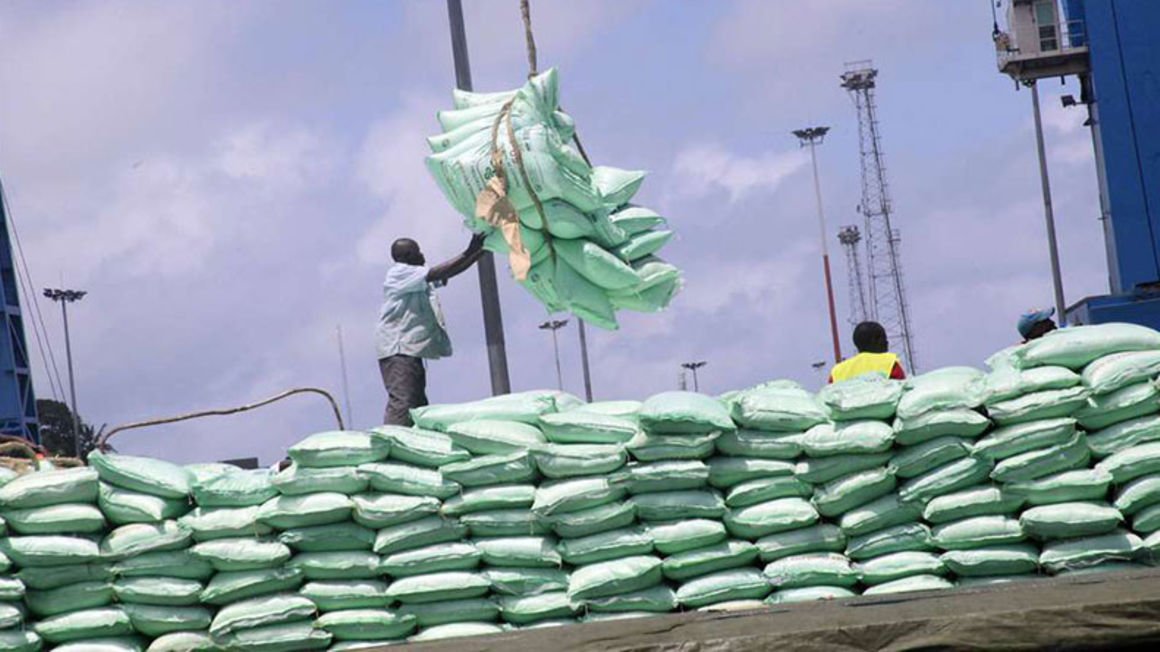Kenya Implements Stringent Measures for Duty-Free Sugar Imports

Photo Credit: NMG
The Kenya Bureau of Standards (KEBS) has introduced stringent regulations governing the importation of sugar under the State’s recently gazetted duty-free import window, which came into effect on August 9, 2023. The move by KEBS is aimed at taming the sugar production deficit hounding the Kenyan market, and stabilizing sugar prices, which had soared to a record range of Ksh.225 to Ksh.250 per kilogram by mid-2023 due to a severe shortage of the commodity.
In response to these soaring prices, the Kenyan Cabinet authorized an extension of duty-free sugar imports as a temporary measure to mitigate the crisis. However, with the anticipated influx of substantial sugar consignments, KEBS has taken proactive measures to thwart potential exploitation by unscrupulous traders.
The new regulations will require all imported sugar shipments possessing Certificates of Conformity (CoCs) to undergo mandatory re-inspection and testing at the port of entry, a service that will be provided free of charge. This inspection will be carried out in the presence of the importer or their appointed agent and is aimed at verifying compliance with the relevant quality and safety standards.
In instances where sugar consignments are shipped from countries where KEBS has engaged inspection companies, but they lack the necessary CoCs, the imports will be subject to inspection upon arrival. This service will be offered at a fee equivalent to five percent of the approved customs values. Additionally, sugar imports originating from countries without appointed inspection agents will continue to undergo destination inspection, with the importer bearing the cost of inspection, equivalent to 0.6 percent of the approved customs value, along with any applicable testing fees.
READ: KTDA Directors Set to Approve Bonuses to Tea Farmers
This new development in the sugar industry follows the Agriculture and Food Authority’s decision to suspend sugar milling operations earlier in July to allow sugar factories to address the pressing issue of sugarcane shortages, which have had a cascading effect on the industry’s overall production.
The biting sugarcane crisis in the Western and Nyanza regions of Kenya is a consequence of neglect and inadequate support for the sugar industry by key stakeholders. The two regions support the bulk of commercial sugarcane production in Kenya, in addition to other areas such as the Rift Valley and Coastal areas. More than 300,000 farmers supply sugarcane to various millers, with over 94 percent of this supply coming from out-growers, while the remainder is sourced from nucleus estates owned by milling companies.
Kenya currently boasts 16 sugar mills with a collective processing capacity of 51,450 metric tons of sugarcane per day. However, the actual capacity utilization stands at a modest 56 percent, as indicated by projections from the Ministry of Agriculture. This underutilization reflects the industry’s inability to reach its full potential due to numerous challenges, including inadequate infrastructure, a lack of investment, and recurring sugarcane shortages, all systemic issues that have plagued the sugar industry in Kenya for years.



